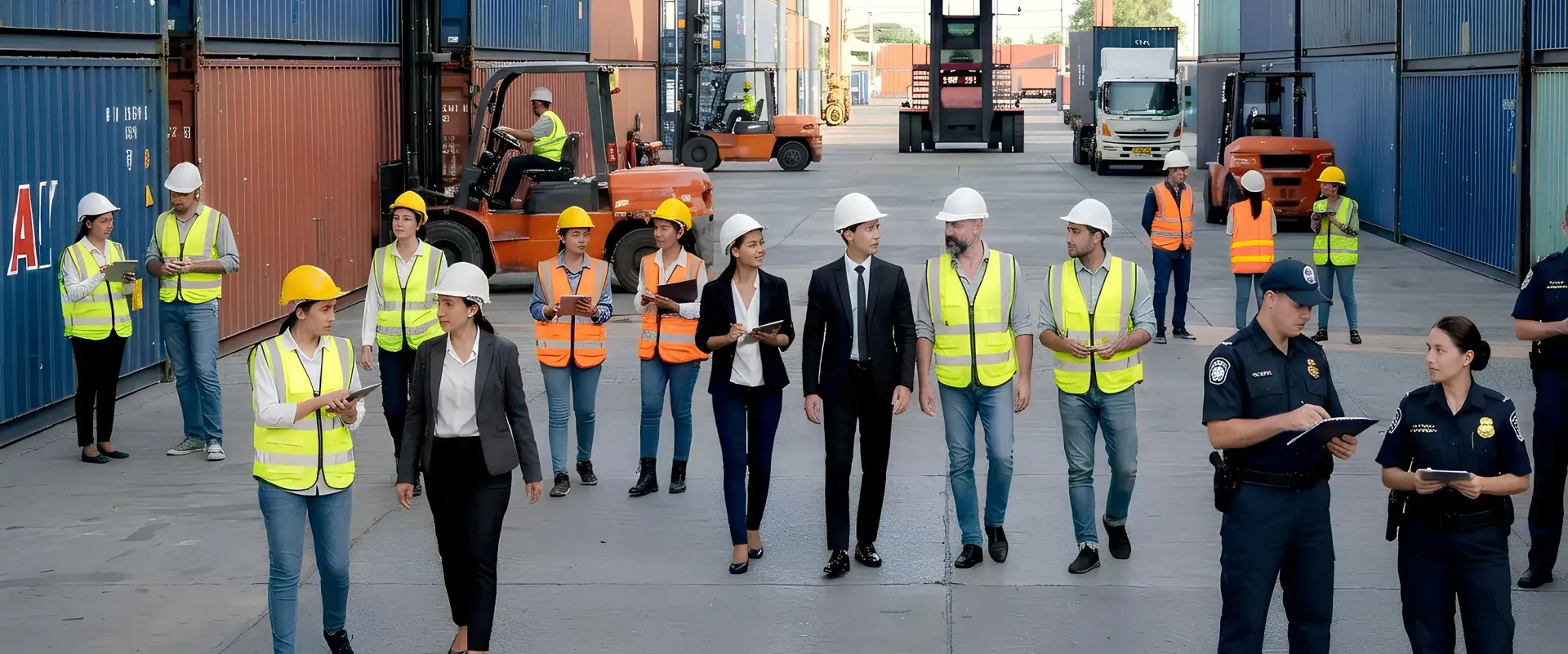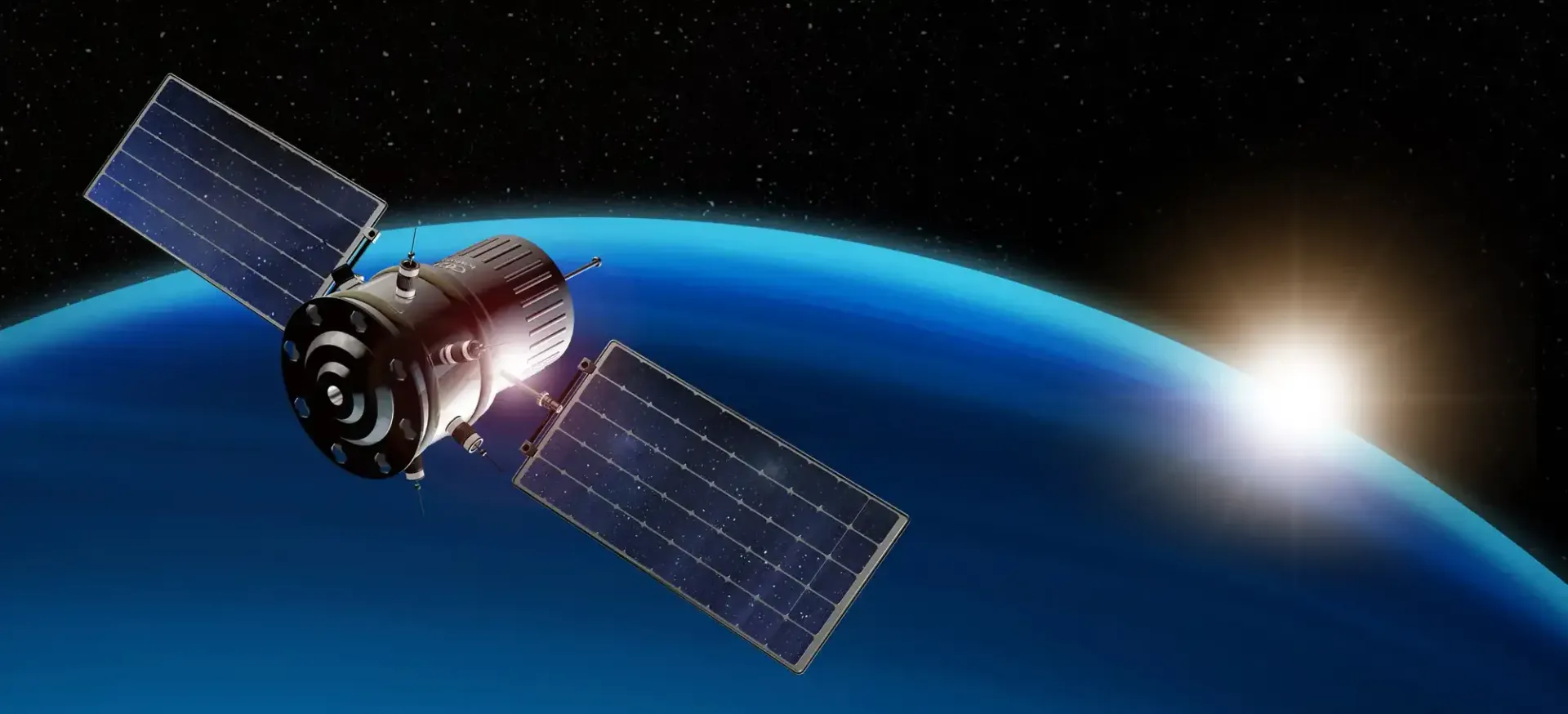Newsletter | July 2025 | Preliminary trade agreement with Vietnam
TOP NEWS
Last week, it was announced that the U.S. had reached a preliminary trade agreement with Vietnam. The agreement involves a 20% tariff on Vietnamese goods exported to the US and a 40% tariff on goods transshipped through Vietnam. The higher tariff on transshipments aims to address concerns about goods originating in China being routed through Vietnam to circumvention of U.S. tariffs on Chinese goods. It also includes Vietnam granting the U.S. “total access” to its market, meaning US products will face zero tariffs in Vietnam. This is a developing situation and we will do our best to keep the information coming.
DID YOU KNOW…
U.S. Customs and Border Protection (CBP) is intensifying its enforcement efforts to ensure importers are complying with customs classification and valuation laws. This crackdown reflects a broader push to uphold trade compliance and safeguard revenue collection. Specifically, importers are seeing increased audit activity, scrutiny of low-value shipments and crackdowns on fraudulent schemes.
The Impact on Importers
- Higher Costs: Non-compliance may result in penalties, shipment delays, and retroactive duty payments.
- Operational Adjustments: Businesses must refine internal processes to ensure accurate classification and compliance.
- Increased Scrutiny: Greater likelihood of inspections, detentions, and post-entry reviews or audits.
Best Practices to Mitigate Risk
- Accurate HTS Classification: Classify all products correctly using the Harmonized Tariff Schedule of the U.S. (HTSUS), ideally at the 10-digit level.
- Maintain Robust Documentation: Retain records justifying classifications, country-of-origin determinations, and declared values.
- Stay Informed: Monitor changes in CBP regulations, rulings, and classification requirements.
- Seek Expert Advice: Work with customs brokers or trade compliance consultants, especially for complex or high-risk products.
- Conduct Internal Audits: Regularly review past entries to identify and correct errors before CBP finds them.
EVOLVING SITUATION
The Canadian government officially rescinded the planned implementation of its Digital Services Tax (DST) in an effort to keep trade negotiations with the U.S. on track. Their decision came just two days after President Trump announced that trade talks with Canada had been terminated due to the DST and warned of possible tariffs against Canada within a week. Canadian Prime Minister Mark Carney has emphasized that the Canadian government remains committed to agreements that benefit Canadian workers and businesses. He noted that with the rescinding of the DST, both sides have agreed to resume trade negotiations with the goal of reaching a deal by July 21, 2025.
Get actionable advice on cost-saving strategies that boost your bottom line.
Subscribe here:




















